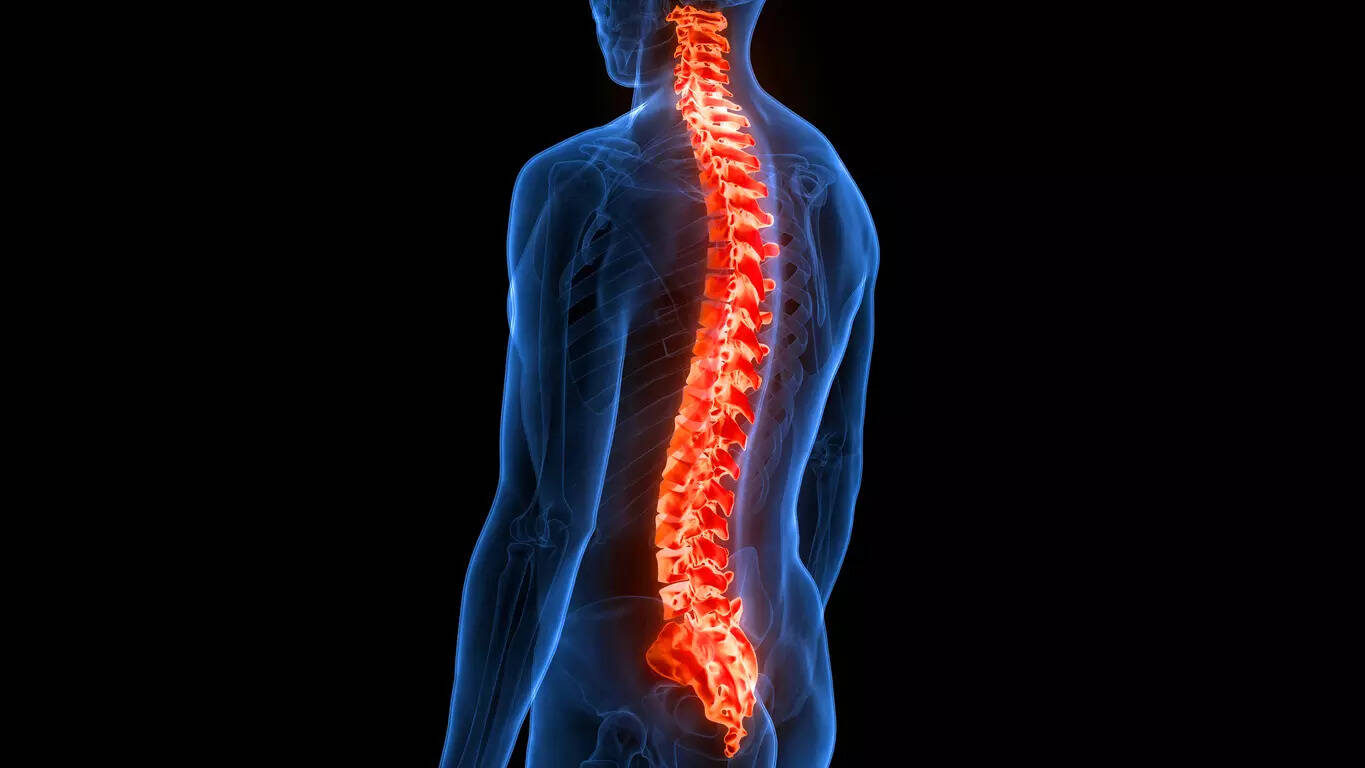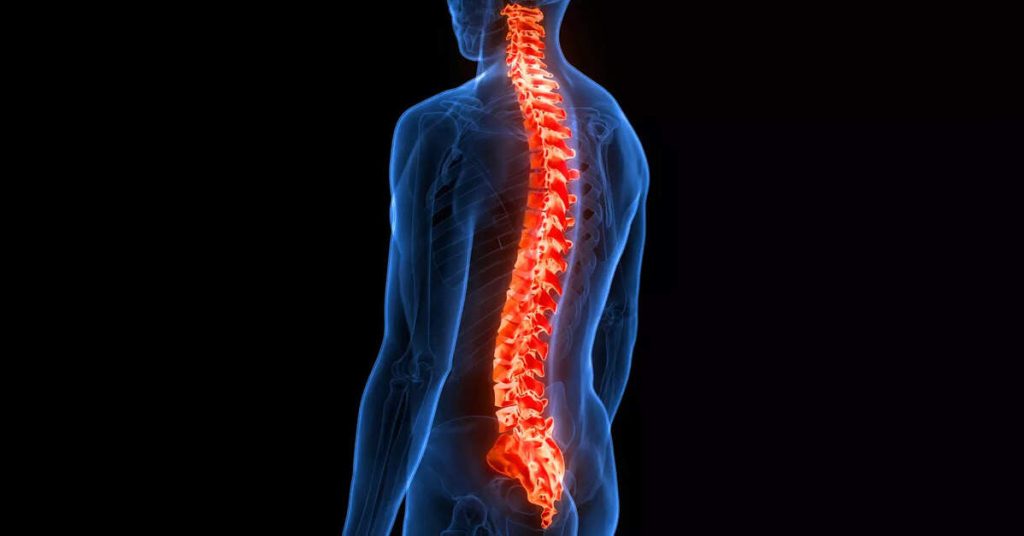
Tel Aviv: Israel is preparing to perform the world’s first-ever human spinal cord implant using a patient’s own cells, a medical breakthrough that could allow paralysed patients to stand and walk again, Tel Aviv University announced on Wednesday.
The surgery, expected in the coming months, will take place in Israel and marks a historic milestone in regenerative medicine.
According to the World Health Organisation, over 15 million people worldwide are living with spinal cord injuries, with the majority resulting from traumatic causes such as falls, road traffic accidents, and violence.
Currently, spinal cord injuries cannot be fully cured, so treatment focuses on stabilising the patient, preventing further damage, and maximising function.
Emergency care often involves immobilising the spine, reducing inflammation, and sometimes performing surgery to repair fractures or relieve pressure. Rehabilitation includes physical and occupational therapy, as well as assistive devices like wheelchairs and braces.
While experimental therapies–including stem cells and robotic devices–are being explored, no treatment yet reliably restores full spinal cord function.
Spinal cord injuries are one of the few human injuries where the body cannot naturally heal itself, and the tissue is both structurally complex and extremely sensitive.
“The spinal cord transmits electrical signals from the brain to all parts of the body. When it is severed by trauma such as a car accident, a fall, or a combat injury, the chain is broken.
Think of an electrical cable that has been cut: when the two ends no longer touch, the signal cannot pass, and the patient remains paralysed below the injury,” explained Professor Tal Dvir, head of the Sagol Centre for Regenerative Biotechnology and the Nanotechnology Centre at Tel Aviv University, who is leading the effort.
Dvir is also the chief scientist at Matricelf, the Israeli biotech company commercialising the technology.
Unlike other tissues, spinal cord neurons cannot naturally regenerate, and over time, scar tissue blocks remaining signals. The new procedure aims to replace the damaged section with a lab-grown spinal cord that fuses with healthy tissue above and below the injury. Animal studies in rats have shown remarkable results, with the animals regaining the ability to walk normally.
The innovation began about three years ago, when Dvir’s lab engineered a personalised three-dimensional human spinal cord in the laboratory.
The findings, published in the peer-reviewed journal Advanced Science, showed that mice with chronic paralysis regained mobility after receiving the engineered implants.
The procedure begins with blood cells from the patient, which are reprogrammed into stem-cell-like cells capable of becoming any cell type.
Fat tissue is also collected to create a custom hydrogel scaffold, into which the stem-like cells develop into a spinal cord structure. This engineered tissue is then implanted, replacing scarred areas and reconnecting the nervous system.
A few months ago, Prof. Dvir and his team received preliminary approval from Israel’s Ministry of Health for “compassionate use” trials in eight patients, making Israel the first country to attempt this procedure.
“This is undoubtedly a matter of national pride. The technology was developed here in Israel, at Tel Aviv University and at Matricelf, and from the very beginning it was clear to us that the first-ever surgery would be performed in Israel, with an Israeli patient,” Dvir said.
The technology was then commercialised through Matricelf, which was founded in 2019 under a licensing agreement with Tel Aviv University’s technology transfer company, Ramot.
“This milestone marks the shift from pioneering research to patient treatment. Using each patient’s own cells eliminates key safety risks and positions Matricelf at the forefront of regenerative medicine. This first procedure is more than a scientific breakthrough; it is a step toward transforming an area of medicine long considered untreatable,” said Matricelf CEO Gil Hakim.
He added, “If successful, this therapy could define a new standard of care in spinal cord repair, addressing a multi-billion-dollar market with no effective solutions today. We are proud that Israel is leading this global effort and are fully committed to bringing this innovation to patients worldwide.”
“Our goal is to help paralysed patients rise from their wheelchairs. The animal model trials showed extraordinary success, and we are hopeful that the results in humans will be just as promising,” Dvir said.




